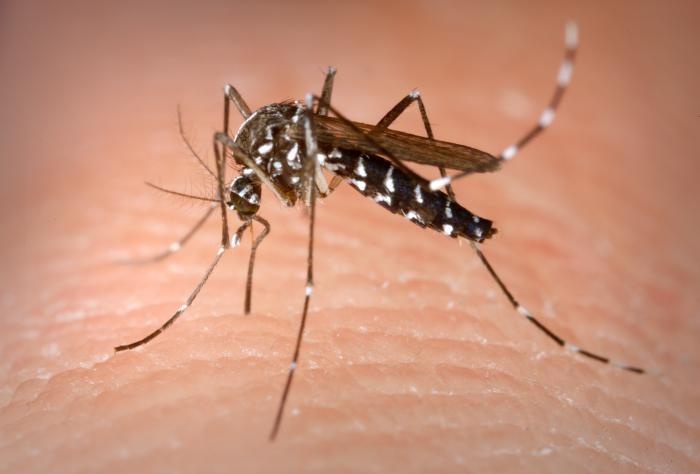
The Massachusetts Department of Public Health (MDPH) announced on August 18 that West Nile Virus has been detected in Culex mosquitoes collected from Reading. As a result, the West Nile Virus risk level has been elevated to moderate in the Town of Reading. The virus was found in a mosquito pool sample taken on August 11 from the Southeast quadrant area of Reading. Please know this risk level is a routine change that happens throughout the mosquito season.
West Nile Virus is most commonly transmitted to humans by the bite of an infected mosquito. The mosquitoes that carry this virus are common throughout the state, and are found in urban as well as more rural areas. While West Nile Virus can infect people of all ages, people over the age of 50 are at higher risk for severe infection.
By taking a few, common-sense precautions, people can help to protect themselves and their loved ones:
Avoid Mosquito Bites
- Be Aware of Peak Mosquito Hours – The hours from dusk to dawn are peak biting times for many mosquitoes. Consider rescheduling outdoor activities that occur during evening or early morning. If you are outdoors at any time and notice mosquitoes around you, take steps to avoid being bitten by moving indoors, covering up and/or wearing repellant.
- Clothing Can Help reduce mosquito bites. Although it may be difficult to do when it’s hot, wearing long-sleeves, long pants and socks when outdoors will help keep mosquitoes away from your skin.
- Apply Insect Repellent when you go outdoors. Use a repellent with DEET (N, N-diethyl-mtoluamide), permethrin, picaridin (KBR 3023), IR3535 or oil of lemon eucalyptus [pmethane 3, 8-diol (PMD)] according to the instructions on the product label. DEET products should not be used on infants under two months of age and should be used in concentrations of 30% or less on older children. Oil of lemon eucalyptus should not be used on children under three years of age. Permethrin products are intended for use on items such as clothing, shoes, bed nets and camping gear and should not be applied to skin.
Mosquito-Proof Your Home
- Drain Standing Water – Many mosquitoes lay their eggs in standing water. Limit the number of places around your home for mosquitoes to breed by either draining or getting rid of items that hold water. Check rain gutters and drains. Empty any unused flowerpots and wading pools, and change water in birdbaths frequently.
- Install or Repair Screens – Some mosquitoes like to come indoors. Keep them outside by having tightly-fitting screens on all of your windows and doors.
While the Reading Health Division continues to work closely with the MDPH and other agencies, locally we are working with the East Middlesex & Suffolk County Mosquito Control Projects to increase their mosquito control efforts, including larviciding and adulticiding. Fact sheets on West Nile Virus and on reducing exposure to mosquitoes are available at Reading Town Hall.
More information about West Nile Virus and reports of current and historical West Nile Virus activity in Massachusetts can be found on the MDPH website at http://www.mass.gov/dph/wnv

